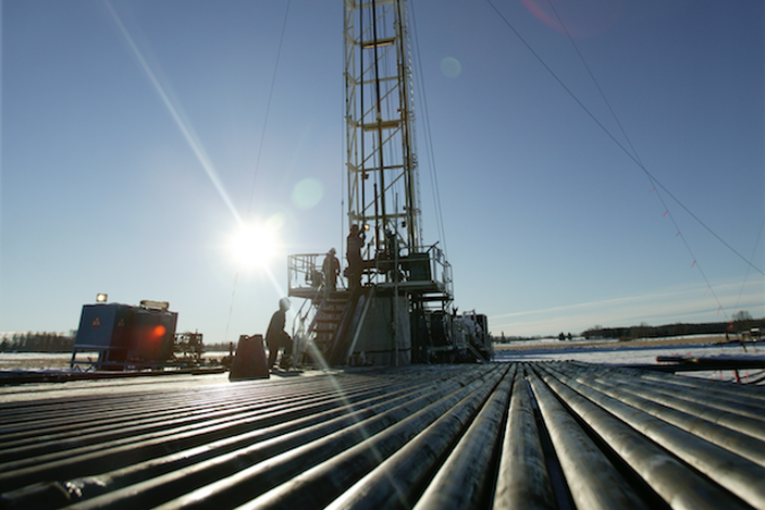
Here are some of the most meaningful quotes from news coverage in the Daily Oil Bulletin for the week ending September 8, 2017.
“The United States is poised to grow by a million bbls/d this year, and that growth is likely — at a $50-$52 sort of price level — going to be 1.2-1.3 million bbls/d next year.
“We don’t really have the demand to soak up all that crude, so next year is likely a year where we can expect prices to stay in this $45-$50-$55 sort of band.”
— Sarp Ozkan, manager of energy analytics at Drillinginfo, speaking at an S&P Global Platts oil and gas outlook lunch in Calgary.
“Overall, the economic impact of eliminating most fossil fuels from the power generation mix is significant but not overwhelming.
“Because electric power generation is capital-intensive, job losses are held to about 20,000. As well, these job losses are exclusive to the plant closures and do not consider the job gains that will come from new generating stations that will be built to replace the retired facilities.
“In any case, in a good month the economy already adds more than 20,000 new jobs.”
— A joint study by the Conference Board of Canada and the Canadian Academy of Engineering called The Cost of a Cleaner Future, which looks at changes in the electric power generation sector to reflect a move away from fossil fuels.
“The divestiture processes for the remainder of our conventional assets are proceeding as expected with strong interest from potential buyers. We believe these first four packages we have put out will substantially get us into the $4 billion to $5 billion range in the near term.
“Where we land in that range will really depend on the valuations of the three remaining in the conventional and what other package or two we might decide to put out there to ensure ourselves that we can get into that range.”
— Drew Zieglgansberger, Cenovus Energy’s executive vice-president, Deep Basin, discussing the company’s sales process to fund its $17.7 billion oilsands and Deep Basin acquisition from ConocoPhillips. This week the company announced the $975 million sale of its Pelican Lake assets to Canadian Natural, and says it continues to expect to announce the sale of its Suffield assets before the end of September with deals for Palliser and Weyburn in the fourth quarter.
“When people talk about the Duvernay, it’s highly unlikely for it not to be successful. There are too many successful [wells] around where we work, and our completion techniques are putting us at the top level of these.”
— Murphy Oil CEO Roger Jenkins, who says investors can look forward to an increase in the company’s Canadian shale spending next year.
“What we do now is ship heavy oil and bitumen in heated railcars. If you were to look at the carbon intensity of heating required, plus the per-tonne/per-kilometre emissions factors for transport, then what you find is that by putting it into this form and transporting it in the solid phase, because there is no heating required, there are real savings.
“We are looking at CO2 emissions that are about 30 per cent less than that of a heated railcar. It is because of the heating we don’t need. What we have here is something that can go into a standard railcar where it doesn’t need a heating unit to get out of the railcar.”
— Schulich School of Engineering professor Ian Gates, describing the economic and environmental benefits of his team’s bitumen “pebbles,” which would be created at the wellhead and shipped via truck instead of pipeline or heated railcar.
You can read more of the news on source
